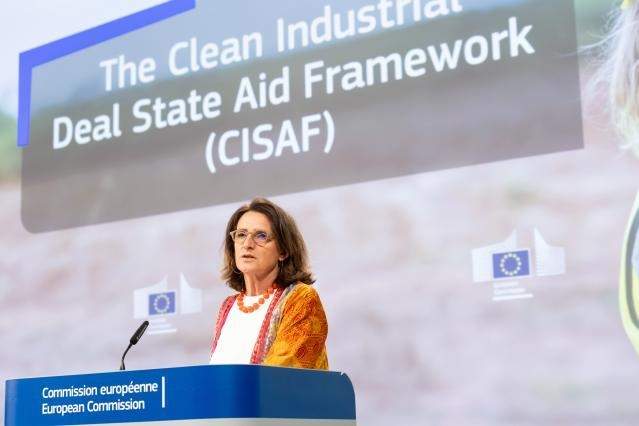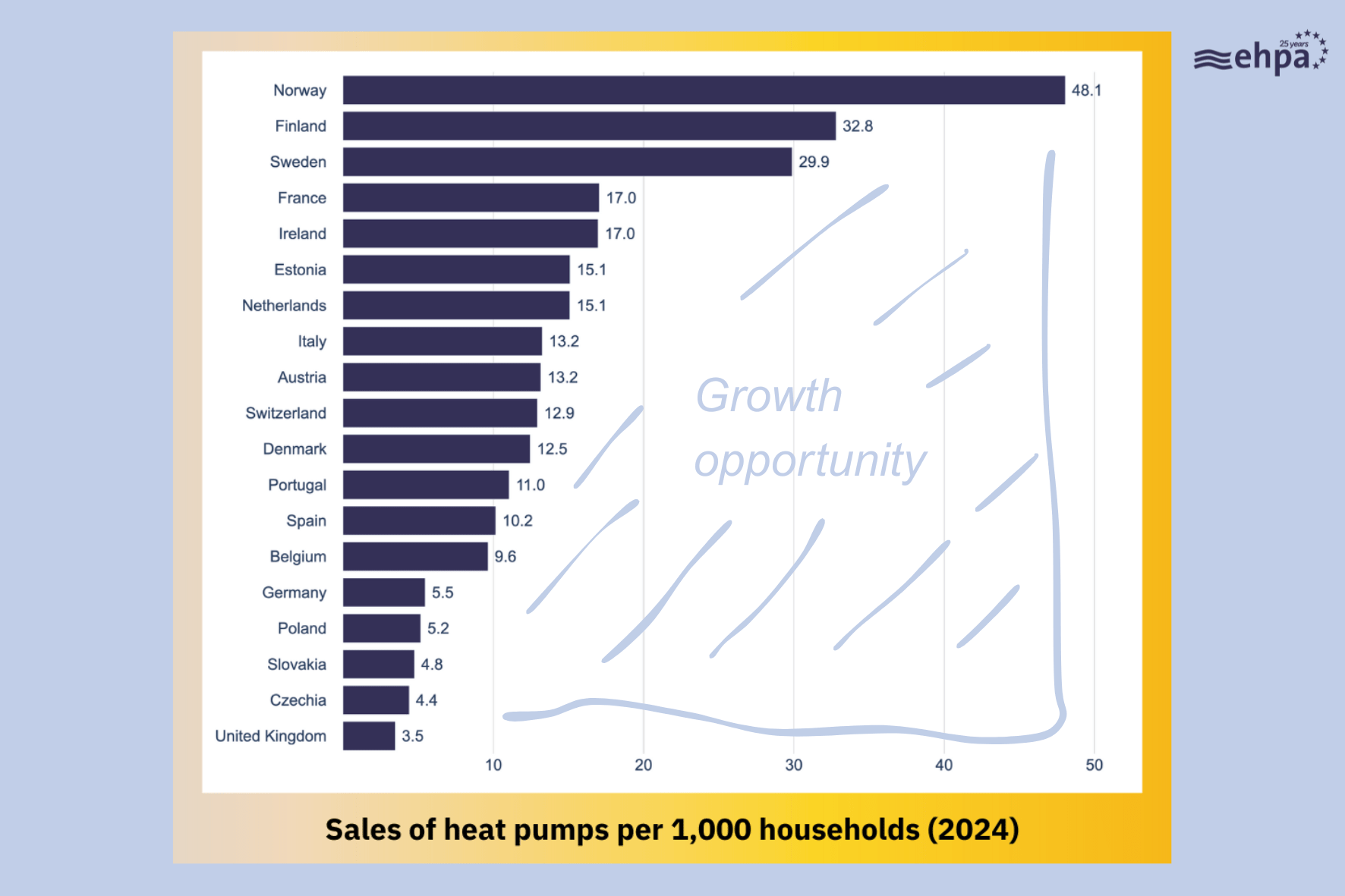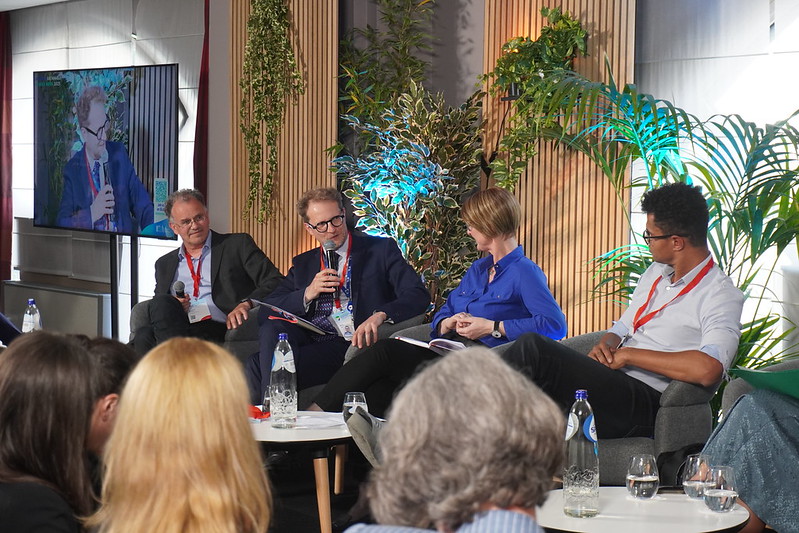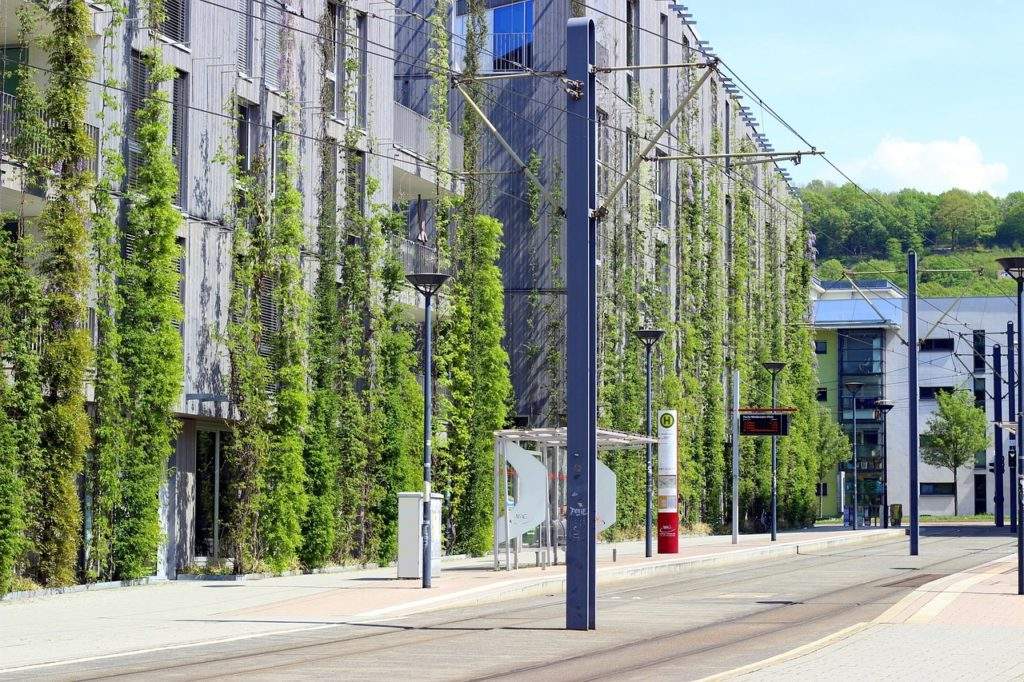The National Energy and Climate Plans (NECPs) set a pathway for Member States to align with the EU’s 2030 energy and climate targets. Last November, EHPA published an analysis of heat pump measures in the draft plans of seven European countries, noting how only a few of these plans fulfil the requirements set out by the European Union.
Now that countries have only a few months left before submitting their final updates in June 2024, where do European capitals stand on their national energy and climate planning?
To find out, the EU-funded project REDI4HEAT held a webinar titled ‘Let’s Talk NECPs: Assessing plans and exploring barriers in heating and cooling implementation’ on 27 March.
The online event was kicked off by Federico Mascolo, Policy Coordinator at the NGO Climate Action Network (CAN) Europe, who offered an overview of the plans’ current status. According to Mascolo, only 24 out of 27 draft updates have been assessed by the Commission. Bulgaria, Poland and Austria – which, as we’ll see later, is yet to submit its NECP – lag behind to this day.
“NECPs are not just about targets. It’s also about planning how to achieve them” he said.
“Integration with other planning instruments, including financing schemes and fossil fuel phase-out timelines, are often poor. The clock is ticking, it’s time to close the gap!” Mascolo concluded.
To better understand what’s in for clean heating and cooling in the national plans submitted so far, the floor was given to Andrei-Nicon Andone, Junior Market Intelligence & Business Development Officer at Bioenergy Europe.
“In addition to setting general objectives, the NECPs also set sectoral objectives” Andone explained in his presentation.
“In the renewable heating and cooling sector, some states have already reached their 2030 targets. Among the countries that have already reached their goals, we note Latvia, Croatia and Slovakia. Other countries are still ranked as ‘zero’ because they didn’t have any dedicated target for heating and cooling or provided a “trajectory of evolution” which is rather qualitative. Member States should not only focus on the promotion of renewable heating and cooling technologies but should also focus on energy efficiency and conservation measures through adequate support schemes. he said.
There are two key steps to ensuring the national plans boost the shift to clean heating and cooling: the integration of renewable energy sources into district heating and cooling systems – which can be achieved through large heat pumps – and the phase-out of fossil fuels.
“District heating and cooling can supply heating and cooling to millions of buildings in Europe. Barriers of a financial nature exist but successful examples in central and northern Europe show the way to go” explained Marek Tobiacelli, Senior Expert at The Polish National Energy Conservation Agency (KAPE).
On a different note, Veit Bürger, Head of Energy & Climate Division Öko-Institut e.V in Freiburg, Germany, advocated for a more stringent and coherent phase-out strategy for fossil fuels.
“Phase-out regulations for fossil fuel boilers are an important instrument not only to reach the NECPs’ targets but also to significantly reduce greenhouse gas emissions from buildings and Europe’s dependence on gas imports” Bürger commented.
The last presentation of the panel was a country focus on Austria, which is yet to formally present its national plan and risks, for this reason, an infringement position.
According to Christoph Pfemeter, President of Bioenergy Europe and Chief of the Austrian Biomass Association: “NECPs give us a good picture of the energy transition plans of the member states. In the draft NECP that Austria is preparing, the share of renewable energy is set to reach 60% from a current 37%”.
Don’t miss the webinar’s slides and the recording to learn more. Join the conversation!

